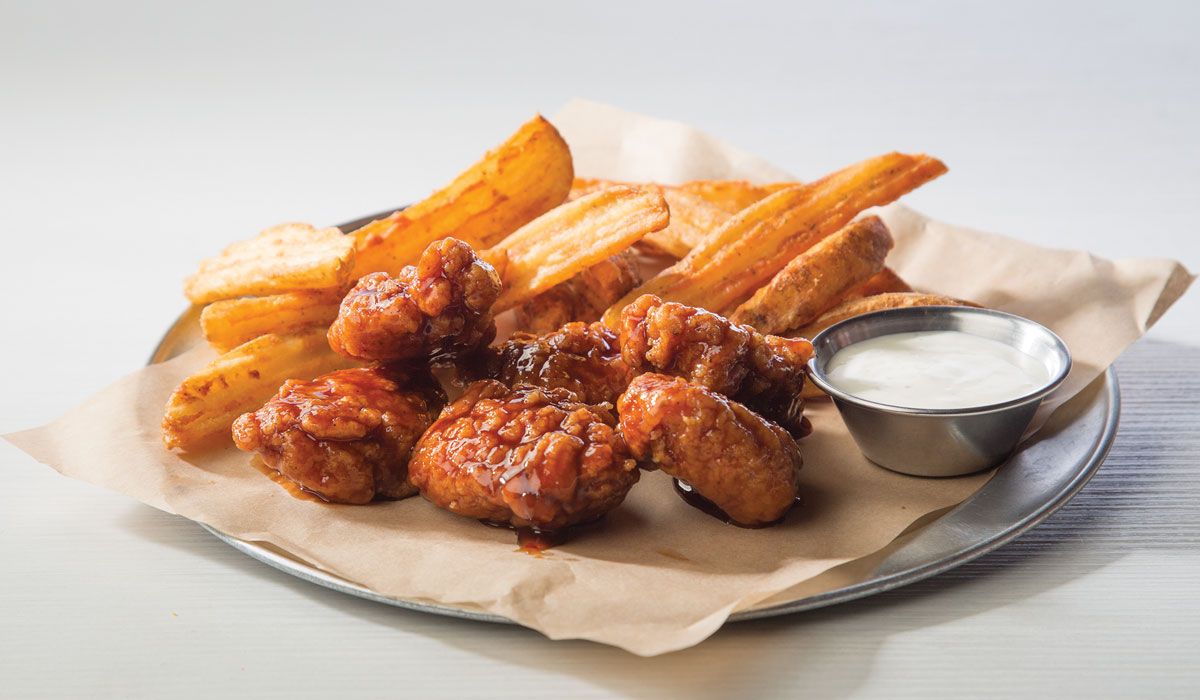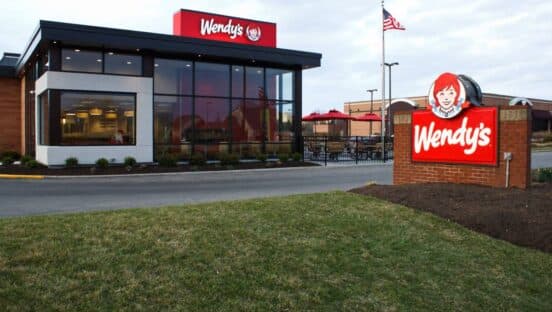The most recent American economic cycles have been defined by extremes: One with the Great Recession (the worst downturn since the Great Depression) and the other by way of the ongoing economic expansion, the longest ever in American history.
But restaurateurs know that this boom market can’t last forever. And already some indicators seem to portend a potential cool-down.
With a potential recession on the horizon, though, experts say operators shouldn’t let memories of the prolonged recession a decade ago shade today’s decision-making. After all, for all of its challenges, a recession may present new opportunities for savvy operators.
“Somebody always wins in a downturn,” says Matthew Mabel, president of consultancy Surrender Inc. “The strong definitely can get stronger. The weak may hurt or go away. It’s Darwinian.”
Mabel says the next recession may help alleviate two of the most chronic challenges in the industry: rising rents and an ultra-tight labor pool. Slower job growth and layoffs could help free up badly needed workers and relax wage pressure on employers. Likewise, a recession could also help drive down skyrocketing real estate costs, particularly as the retail apocalypse continues to hollow out more big-box storefronts.
“The strategic operator will take advantage of that for the long term,” he says. “It may be a cyclical thing, but I think there’s going to be an adjustment in real estate because rents and construction rates cannot continue to go up and up.”
Mabel says his best advice for preparing for a potential recession is the same as his guidance for operating a restaurant in boom times: He suggests operators always run their restaurants like they’re about to sell them and budget as though they’re going to get no help from the economy.
When the next recession hits, Mabel doesn’t think customers will drastically cut down their restaurant frequency. Rather, many will save cash by trading down, whether it’s from casual dining to fast-casual restaurants, or from fast casual to quick-service brands.
“People don’t stop eating three meals a day,” he says. “They don’t stop increasingly relying on restaurants for those meals, but they trade down.”
For Wing Zone cofounder and CEO Matt Friedman, the discussion about a recession isn’t theoretical. “It’s coming,” he says. “The question is, is it coming in 2020 or 2021? There’s going to be a slowdown.”
Aside from possibly helping with real estate and hourly labor, he thinks a recession may offer some opportunities at the top of the talent pool. He says many potential franchisees work in stable jobs in corporate America that offer stock options, generous 401(k) matches, and high salaries. But a recession may shake them loose, pushing them to consider investing in the restaurant space.
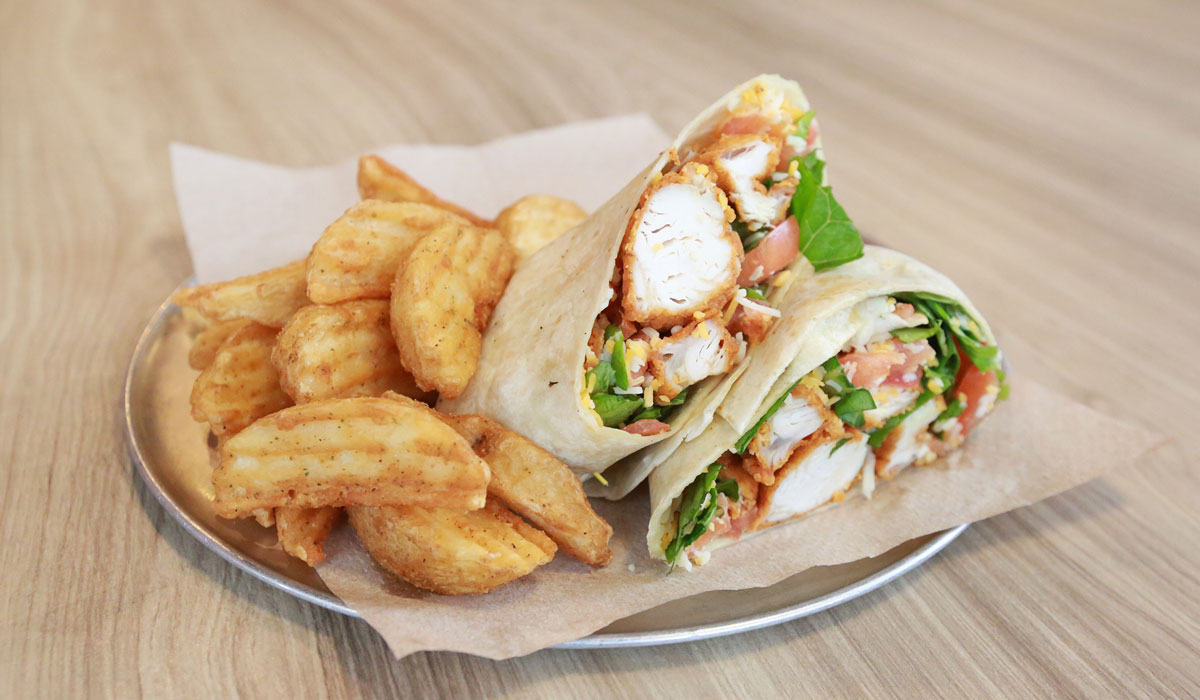
“People will start to look at the next opportunity in their life,” Friedman says. “I think that is where Wing Zone and franchising really plays well: ‘I’ve done well in my career and I’m ready to try something else.’ In a way, you’d be kind of crazy to leave your well-paid, stable career now. Why would you jump ship now?”
On the consumer front, he thinks the 85-unit chain remains well positioned. It’s affordable, and with a hearty pickup program, he thinks consumers will still flock to the brand during tough times. But he suspects price sensitivity may push them to think twice about luxuries like third-party delivery. A consumer can pick up 20 wings and a basket of fries for about $20. But that same order on a third-party platform, with its higher menu prices and added service fees, Friedman says, can cost more than $30.
“And I think people are going to start to say, ‘I could go get it and save $10. That’s real money,’” he says. “I think people are overspending for convenience right now.”
Wing Zone has been careful to limit the share of sales coming from third-party services to about 15 percent of the total pie. Friedman suspects those brands who have transitioned more of their business to third-party will have a hard time when the economy sours.
“I completely believe that those people who have made third-party a core part of their businesses are ultimately going to feel the pain,” he says, noting that Grubhub is already struggling with declining orders. “And we’re in a really good economy right now. If this thing goes south, I think that’s the first thing that’s going to go out.”
So far, the industry’s outlook on the economy remains mixed. Starbucks CEO Kevin Johnson told CNBC in late August that the coffee giant hadn’t seen any signs of economic weakness. But on a September earnings call, Darden CEO Gene Lee told investors that the company was seeing some softening even as U.S. wages and jobs experienced growth.
“I personally believe that there’s some uncertainty entering into the consumer, and it’s impacting their confidence,” Lee told investors.
That discordance is understandable. While national economic indicators like GDP and overall employment continue to grow, the rate of growth is slowing.
“It is and remains an overall positive environment,” says Hudson Riehle, SVP of the research and knowledge group at the National Restaurant Association. “But the economic expansion is now over a decade old, and it’s not surprising that the growth rates are moderating and will continue to moderate next year.”
“The classic millennial is all about experience,” says Kristi Turner, CMO of restaurant management software company Compeat. “It’s not just about ‘I’m going to a restaurant for a meal.’ It’s going to a restaurant with friends or going for a special Instagram opportunity.”
He says the 2020 presidential election may hamper consumer confidence, yet many economists don’t expect a recession until 2021. Whenever it comes, Riehle says, it’s important to remember that consumers widely like using restaurants, both for convenience and socialization. So, during any recession, it’s important to keep up advertising and social media marketing efforts to compete for a skittish customer base.
“The only thing that’s for sure is that as the economy slows down, the consumer does become much more deliberative in their restaurant spending, along with all their economic spending,” he says. “There’s not a large margin of error for the typical restaurant operator.”
Tim Powell, managing principal at consultancy Foodservice IP, says businesses are growing increasingly cautious about their spending.
“Anecdotally, in the work we do, retail and foodservice customers tell us they know this isn’t going to last forever,” Powell says. “We’re looking at it that way just from an industry perspective, because this can’t last.”
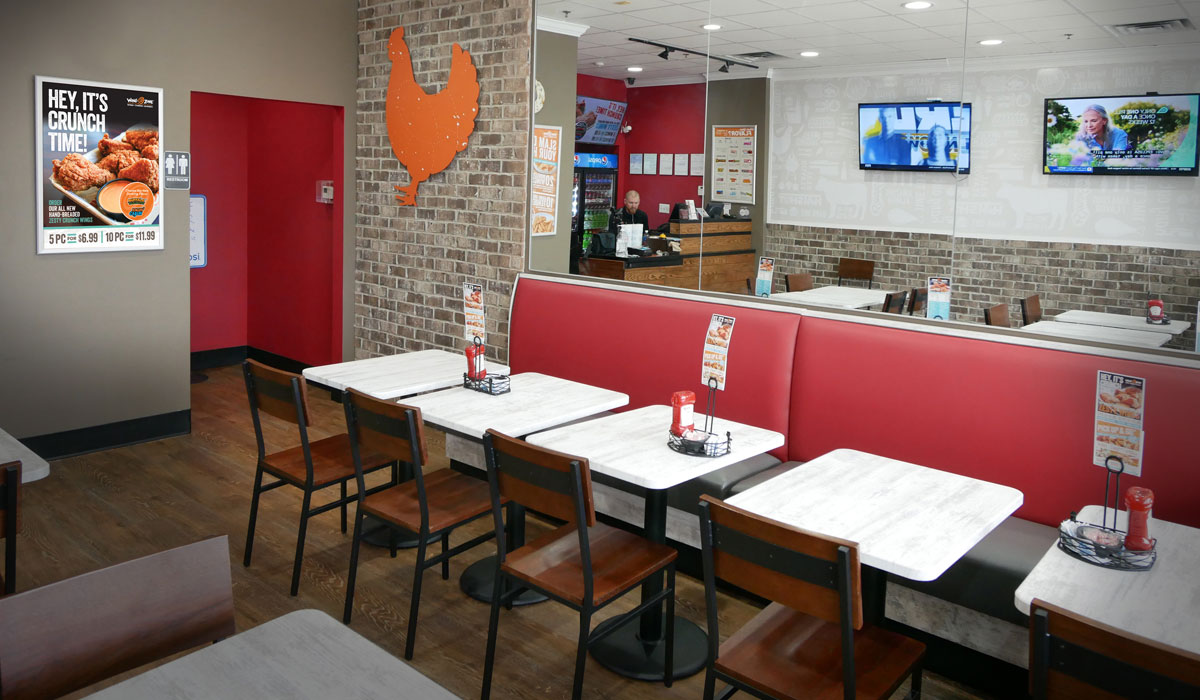
That’s telling, as the foodservice industry is among the first to feel the pain of a recession—and the first to know when the economy is finally climbing out of one, Powell says. He says operators should probably sock away some extra cash in preparation. But he warns that too much austerity can be counterproductive. It’s especially important for restaurants to meet their customers’ basic expectations of service, cleanliness, and food quality during a downturn.
He doesn’t expect to see as much in the way of value wars during the next recession. But savvy operators will grow more creative with their loyalty programs, social media, and delivery to hold onto customers.
“This is a different generation than 10 years ago, and they’re going to respond to things a little differently,” Powell says. “And things are more important to them than just price.”
To weather the next economic storm, Kristi Turner recommends restaurants work harder to appeal to millennials, who spend more on dining out than any other age group. Turner, CMO of restaurant management software company Compeat, says millennials are less likely to cut back on restaurant spending, making them a crucial consumer group during both good times and bad.
“I don’t think they’re going to cut down to zero,” she says. “They’re going to take their aggressive spend and reduce it, but it’s not going to be as dramatic as we’ve seen in years past.”
She suggests restaurants invest in technology like data analytics to help refine their operations. And to target millennials, she says brands should think about the experience as much as the food. That can mean something as simple as adding a trivia night or providing a local, must-try specialty dish that’s just as popular on social media as it is in the store.
“The classic millennial is all about experience,” Turner says. “It’s not just about ‘I’m going to a restaurant for a meal.’ It’s going to a restaurant with friends or going for a special Instagram opportunity.”
But those efforts should start now.
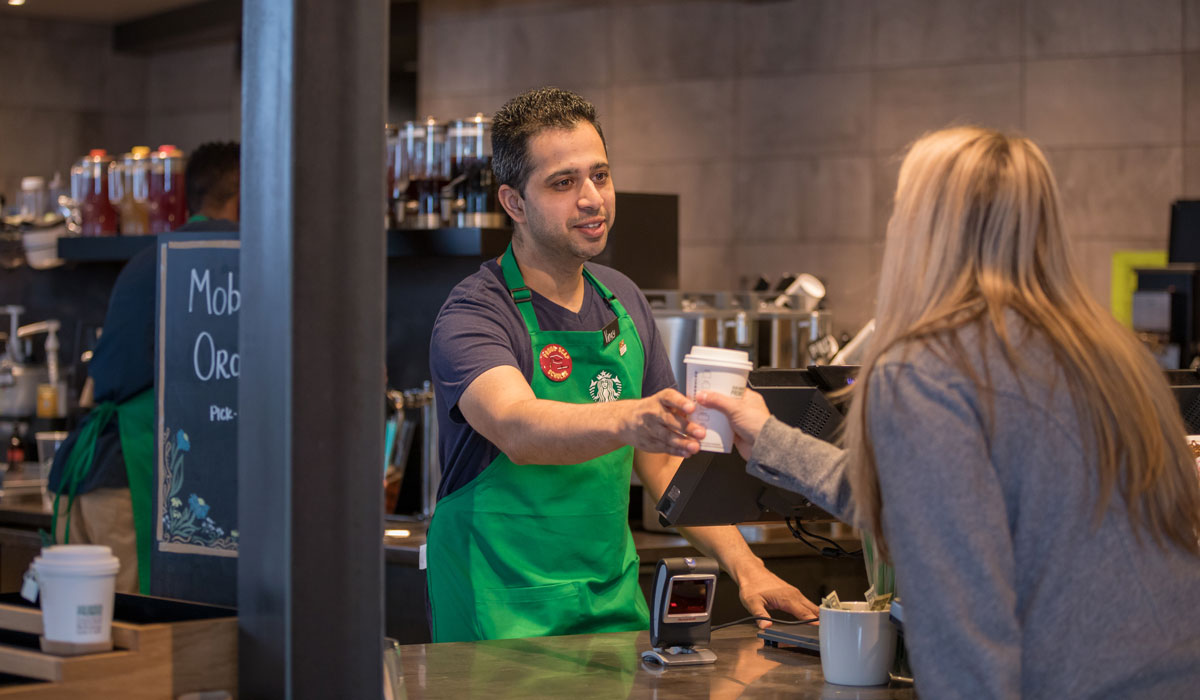
“I think that’s the big secret,” she says. “Sometimes restaurant operators wait until the recession happens, and then their ability to adjust is very limited. We’re in very tight margins … so if you wait until the recession happens, you don’t have a lot of levers to pull.”
Victor Fernandez, vice president of insights and knowledge at restaurant knowledge firm TDn2K, doesn’t view a recession as an immediate threat. But he believes the presidential election and continued fallout from President Donald Trump’s trade wars will continue to fuel uncertainty. That will make consumers less optimistic and more careful with their spending.
“I think that recession is not a near-term threat as of now, but that could change very quickly,” Fernandez says. “There is no doubt the pace at which the economy has been growing is slowing down.”
But as overwhelming as a recession can seem, Fernandez says, operators can take relatively small steps to stay ahead. Things as simple as consistent service and store cleanliness can help brands retain customers.
“The operators providing the best experience consistently will do best during a recession,” he says. “We see that even in limited-service restaurants, guests clearly have an expectation of what service should feel and look like, and when those expectations are met and exceeded, the data shows guests are likely to reward those brands with incremental restaurant visits and sales dollars.

